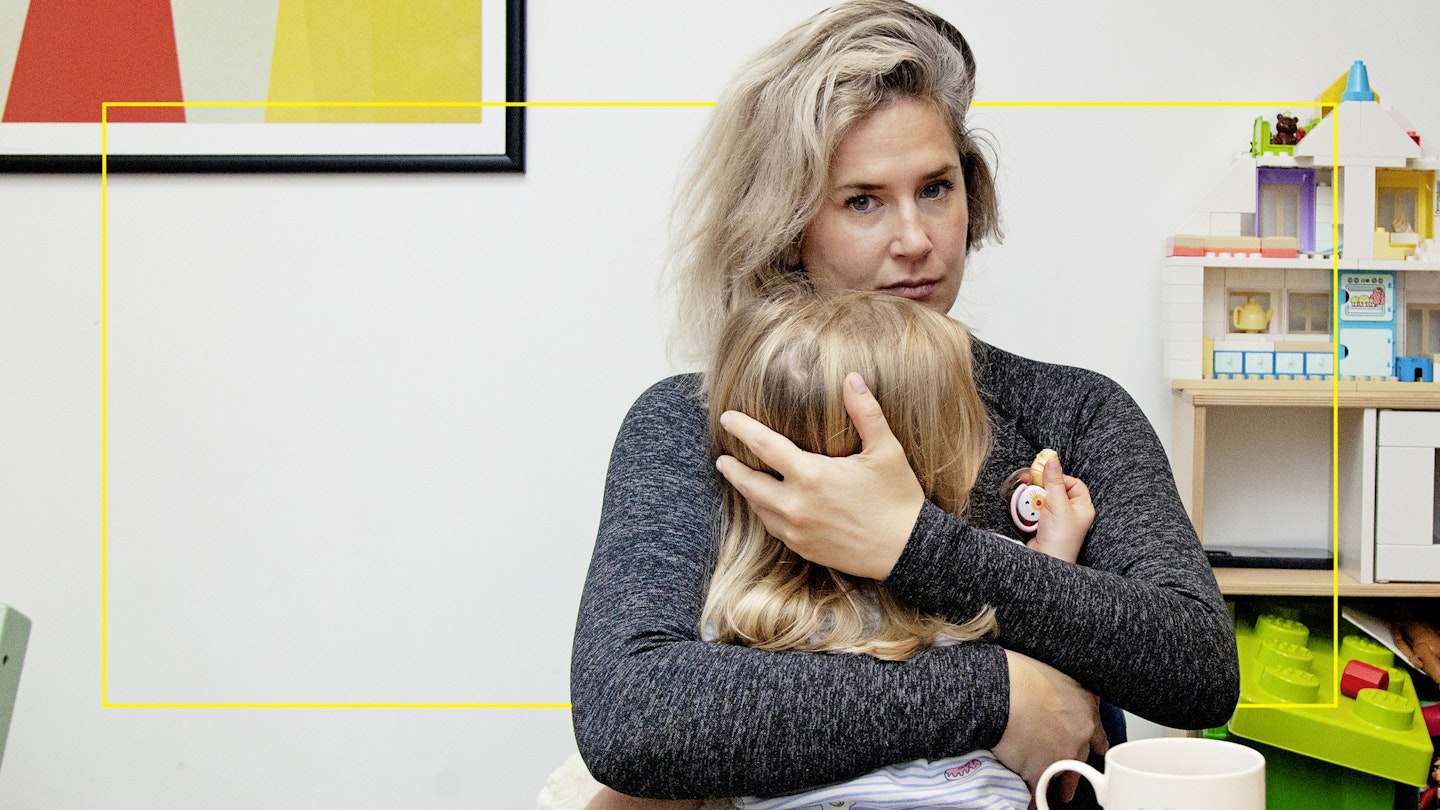‘Well, you chose to have kids.’ The comment came from an anonymous account, but these are the six words I hear most if I ever speak online about trying to balance work and parenting. They’re sometimes followed by, ‘If you didn’t want to raise kids, why did you have them?’
It all suggests I gave in to my biological yearning as casually as buying a bread maker, and so now I must suffer the consequences. But also that I should suffer them quietly, where no one can see. Preferably in a corner, with a muslin over my head.
Sometimes, it comes from other women on social media, sometimes from men below the line on newspaper articles. Occasionally, it comes from a little faceless avatar. Either way, the message is clear: you’re a mum now, do that and stop complaining. You can’t ‘have it all’.
But the truth is, I don’t want it all. I don’t expect to turn out a troop of grade-seven-pianist, Mandarin-fluent kids overflowing with wisdom and kindness and advanced computer programming skills. And I don’t dream of earning millions while running some socially conscious mega-corp.
I don’t want it all, I just want something.
I want to be able to earn my own money and cuddle my daughters before bed most nights. That isn’t having it all, it’s a basic level of functioning, and one that’s denied to most of us the minute the swimmer hits the egg.
It’s one of the reasons why, five years ago, I began Flex Appeal: a campaign to have flexible working enshrined by law as a right for all. And the main objections we hear tend to come from those whose view of motherhood still comes from an imagined nostalgic past of baking and darning while having neat hair, and of being in full-time service to kids and husband.
Perhaps most of us saw our own mothers as such soft and selfless creatures that we have created in our minds an image of what mothers should be. We’ve seen a shift in these stories over the last few years, as shows like Catastrophe and The Let Down reveal more of the true experience, but in the five years I’ve had a presence on social media, this has been the criticism that comes back the most: I was lucky enough to have kids, so now I shouldn’t expect anything else.
Of course, there are some who make it look easy. Sometimes, I’ll see a woman on social media who has immaculately turned-out kids, a beautifully designed home, her own business and hair that shimmers like morning dew and wonder: how are you doing that? And then I’ll remember that this image is not the full story of her life, it’s one tiny 2D moment. One fraction of a second in a day that might also include depression or laughter or angrily swearing at a misfiring vending machine.
Instead, I’m finally accepting that something always has to give. I will not always be able to be the most dedicated friend, because sometimes an upset toddler needs me more. I will not always be able to be an attentive partner, because sometimes friends get terrible news and can’t be left alone. And I will not always be able to rearrange things to fit in the Zoom call, because sometimes life gets in the way.
Still, it can be hard to accept. And the battle to have everything – to be a mother and friend and partner and daughter and still retain a sense of self – is what drives so many of us to the edge. The sense we should be doing more, providing more, loving better. The sense that we’re failing at everything becomes a poisonous whisper at the back of our minds.
It is a struggle that has raged in me since my first daughter was born, and one I have tried to capture in my first novel, Underbelly, the third book I’ve written with my partner, Matt Farquharson. It’s the story of Lo and Dylan, two women striving to earn a living and raise their kids, both driven to unravel by the pressure, both driven to spite and rage by the versions of each other they see on social media. It’s a tale of toxic friendship, the impact of motherhood, and how so many of us can fail to see past the neat little grid of images to the women beneath.
Because, so often, the struggle to remain yourself while you nurture a new tiny person is played out online. And it can also be what drives so many of us to turn on each other in the dark underbelly of the internet: the loaded DMs, the whispering chatrooms, the assumptions, insinuations, the eagerness to think the worst and sometimes to type it out, too. The images we present – whether we appear to be soaring or struggling – will always spark a reaction in others.
So, let’s try to remember that how any of us behave online can have serious offline impact – and that, most of all, the woman behind the pixels is real, and she doesn’t have it all either.
‘Underbelly’ is published by Orion on 5 August.
